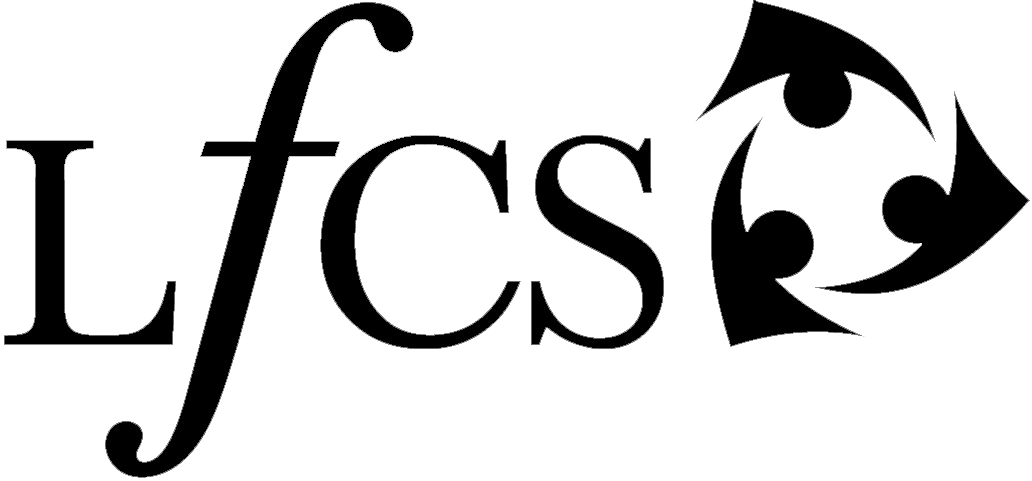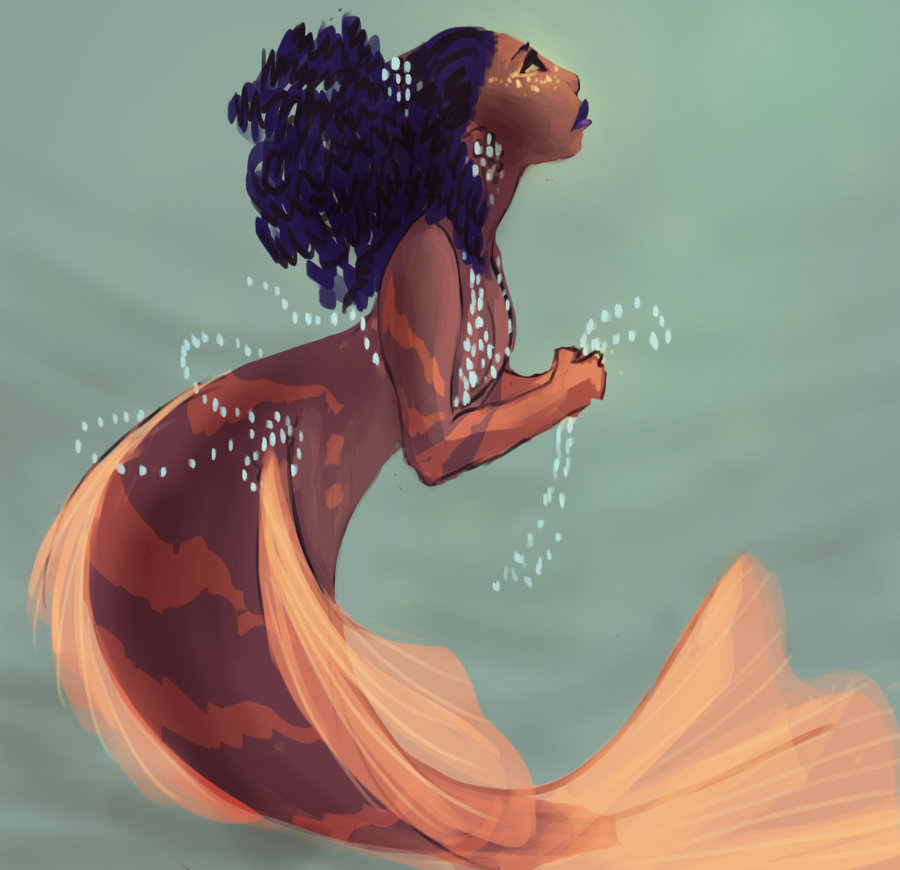I like to lay down at night with my 4 year-old daughter for a few minutes because she often will share with me a little glimpse into her world. One night not long ago, she told me that one of her friends at school that day had told her that she couldn’t pretend to be a mermaid because “Mermaids Aren’t Brown.” My heart suddenly beat faster and my mind whirled as I thought about how to respond to this. The first impulse was indignation that MY DAUGHTER was potentially excluded based on the color of her skin, quickly followed by the urge to reassure her that, “Of course there are brown mermaids, don’t worry about it.”
Fortunately, my psychotherapy training kicked in and I stalled by asking her what she thought about that. She said, “I didn’t like it.” “So what did you do?” I asked. My daughter characteristically didn’t do anything, but said that another friend, who is a bit older, said “That’s not nice!” and told the teacher. We then agreed that this was pretty silly because mermaids are imaginary, she can pretend to be anything she wants to be and that it was nice of her friend to stand up for her. I also reminded her that she needs to use her words and tell peers directly when they say or do something she does not like. She seemed satisfied with this response and went to sleep. Whew!
Later, as I thought about it, I realized I couldn’t recall ever seeing a picture of a mermaid with dark skin. I know these little girls and their parents. Given that 4 year-olds tell it like they see it, I think the little girl was just stating the fact that mermaids in popular books and movies are indeed, fair-skinned, and did not intend to hurt my daughter’s feelings. However, someday, someone will. We both need to be better prepared when they do.
I get very anxious and uncomfortable talking about race. I know enough to know that I don’t know much about what it’s like to be a racial minority. I’ve had a few isolated experiences of being the odd person out, and I know I’ve felt uncomfortable and self-conscious about it, even when no one says or does anything to call attention to it. I also am reluctant to admit to myself –and especially to my daughter –that there are things in the world that are ugly and unfair and that there is not much I can do to shield her from these things. Rather than feel powerless and overwhelmed by the complexities of it, I’d rather not think about it. But then the dramatic events in Ferguson and elsewhere and the innocent comment at school force me—and all of us—to think about it. But how do I explain this to my daughter?
Last week, I made time to listen to a webinar on the topic of talking about race with children adopted by parents who have a different racial composition than they do (e.g., our daughter’s birth parents are African-American/Caucasian while my husband and I are Caucasian). Beth Hall, E.D.’s webinar* was humbling, but also empowering. One of the many valuable ideas she shared was that although exposing our children to diverse cultures is very important, diversity does not mitigate racial inequality in our society. My family enjoys trying different ethnic foods and cultural events, and I am excited that my daughter is old enough to participate in some of the cultural opportunities offered during Black History Month. We have talked about melanin differences and people coming from different places in the world. We celebrate my daughter’s beautiful hair and skin. However, I know that social scientists have established that people are often treated differently based on how they look. There are still real racial differences in education, income and incarceration in our society, just to name a few. Beth Hall asserts that “silence is also a message,” and that saying nothing to our children about these issues conveys that we condone things the way they are. Or perhaps even worse, our anxiety in talking about race inadvertently teaches them that this is a bad thing to talk about.
These messages are definitely not what I want my daughter to get from me, that much I do know. The most effective way to empower your transracially adopted child, Beth Hall emphasized, is to clearly speak out about what you DO think. Even young kids are very concerned about fairness, so when issues of inequality arise, simply add, “…and in our family, we do not agree with that; this is not OK.” And more importantly, to model having the courage to say this in public, because kids learn more from what we say and do, not just say. I can do that. I can’t change society, but I can give my daughter the permission and the words to help her to say when things are not fair. And who knows, maybe someday she will decide to write a story in which the mermaids are brown.
* https://www.adoptivefamilies.com , http://www.pactadopt.org

